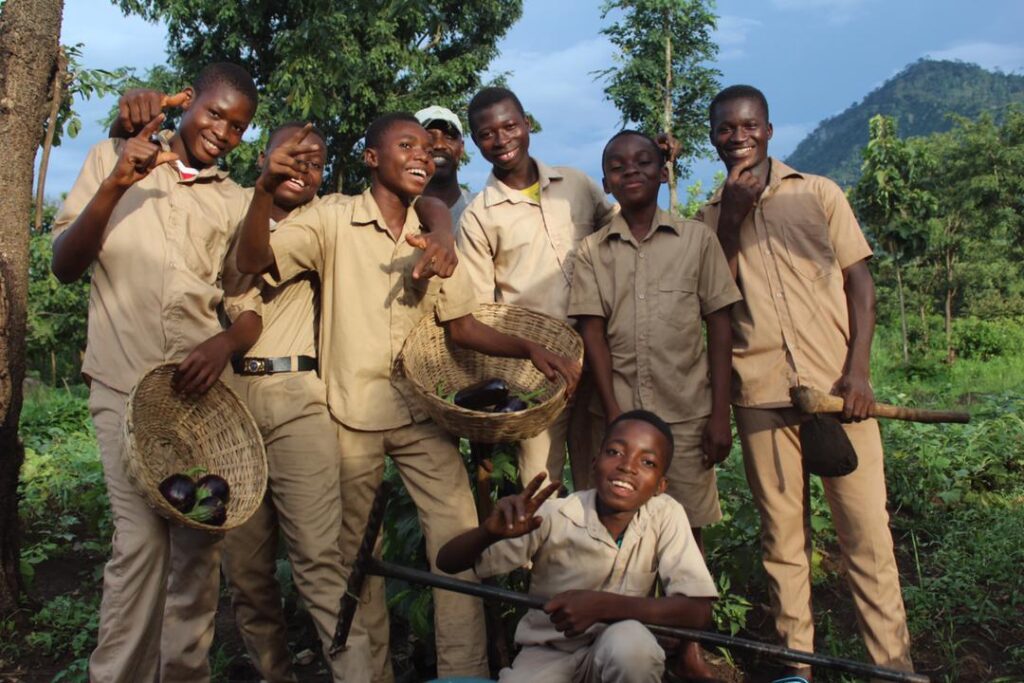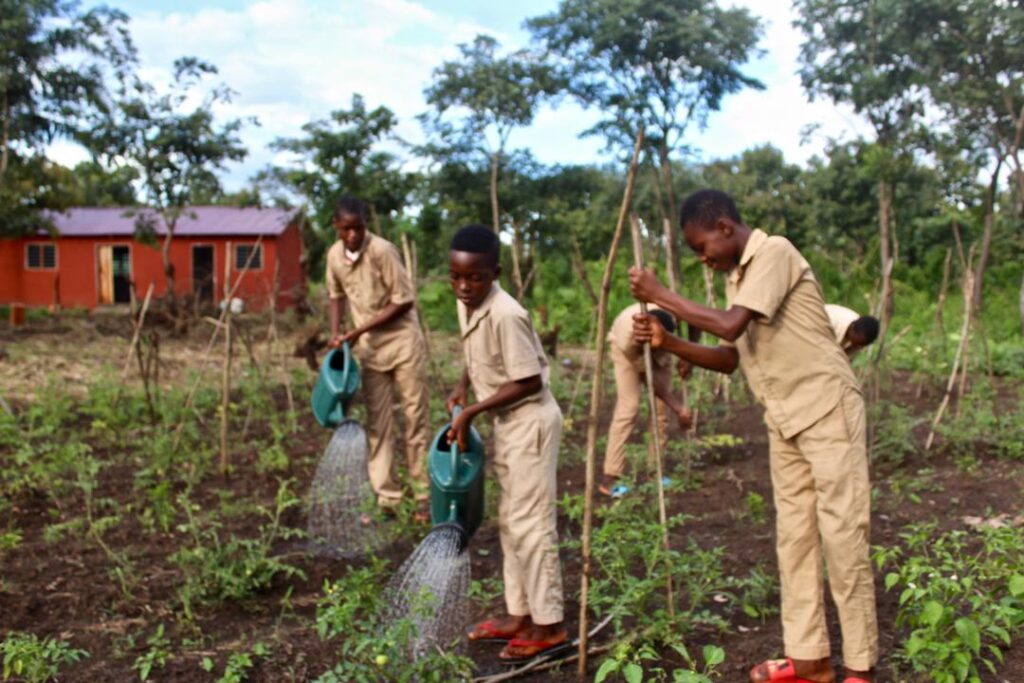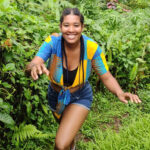Samy and his Sustainable Farm
Samuel Sarr (Samy) is a social entrepreneur and an Obama Foundation Leader from The Gambia.
In 2013 he founded Kailend, a dynamic, forward thinking charity that engages in Sustainable Agriculture production to provide scholarships and skills training opportunities for low income earning women and youths.
Today, I’m doing an interview about his sustaibable farm :
Kailend Farm

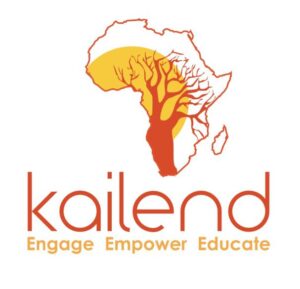
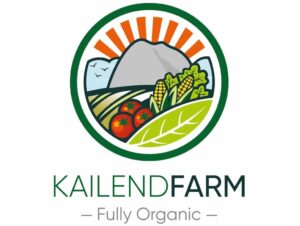
Why did you want to creat your farm?
“It’s a sustainable solution. We can feed ourselves and feed others. We also provide training opportunities and create jobs for women farmers and youths”.
When did you do it?
“We started Kailend the charity in 2013 and started Kailend farm in 2018”
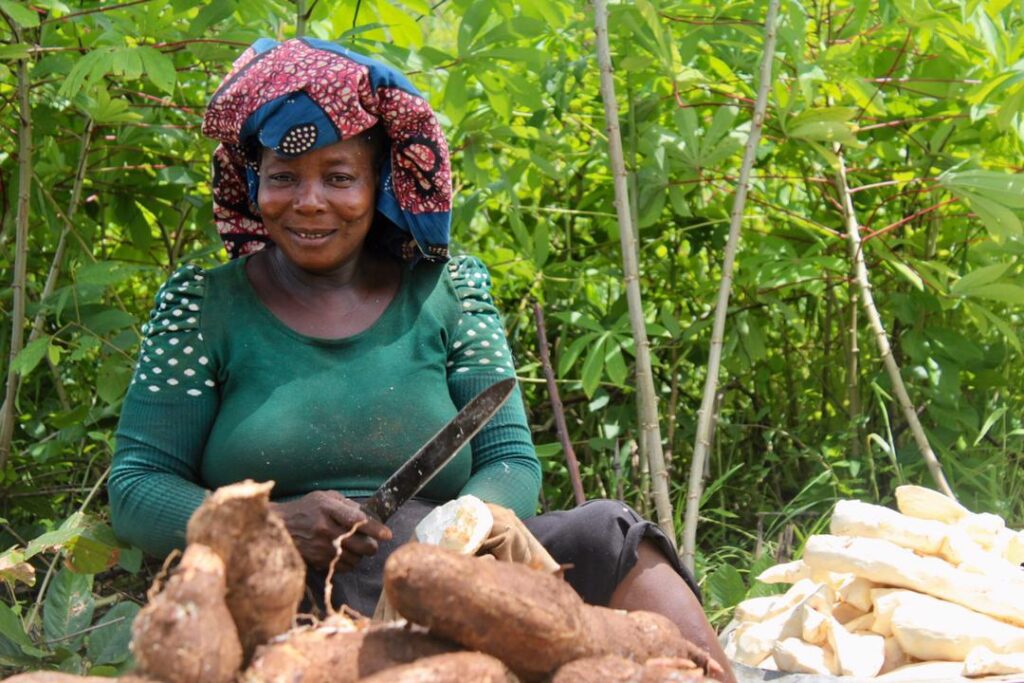
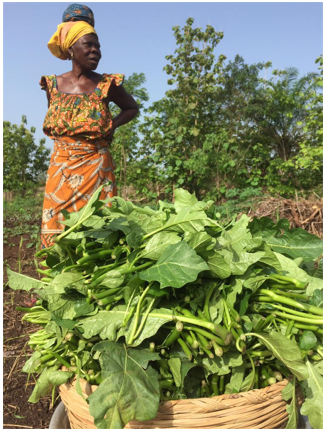
How many people work for you?
“Currently we have 3 fulltime workers and 5 part time/ seasonal workers”.
How big is the farm?
“Our farm in Agou Nyogbo is a total of 5 hectares”.
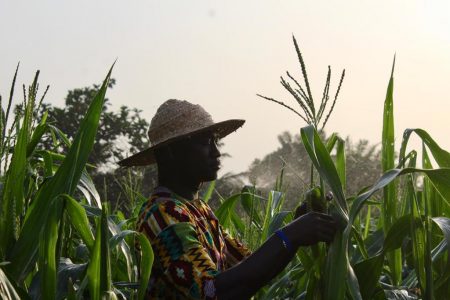
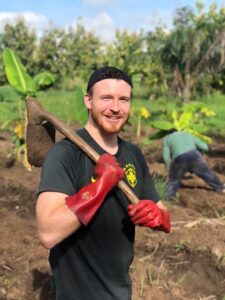
Do you think generally a good nutrition is good for people health?
“Yes 100%. A good nutrition is essential for a good health.
A healthy, well-balanced diet can help us think clearly and feel more alert. It can also improve concentration and attention span”.
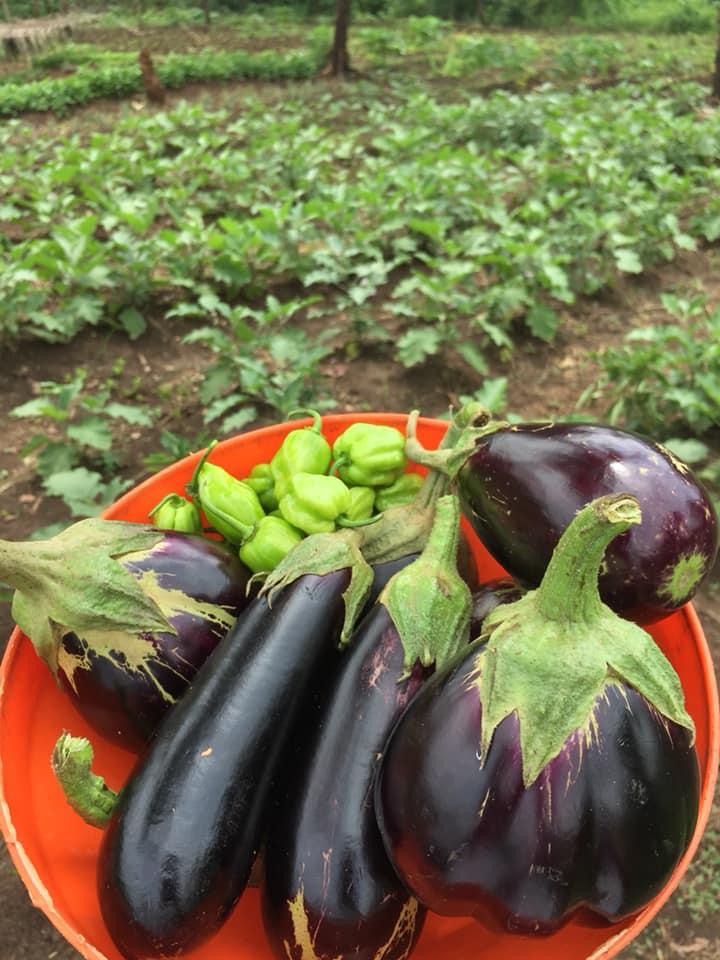
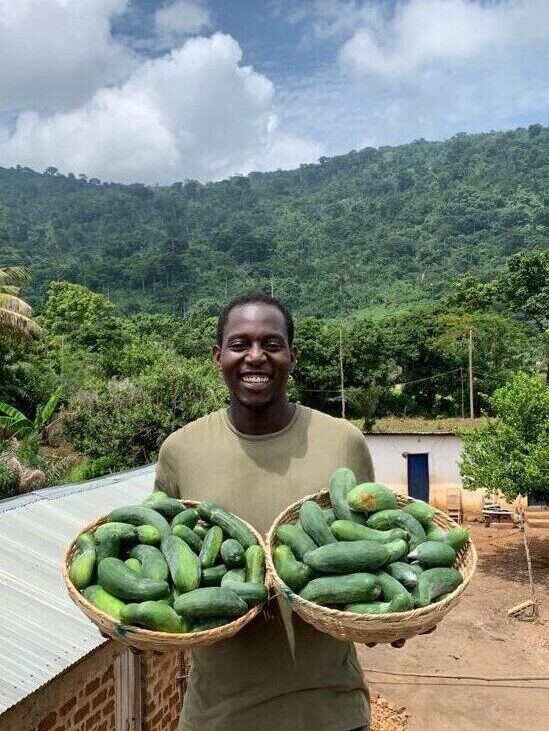
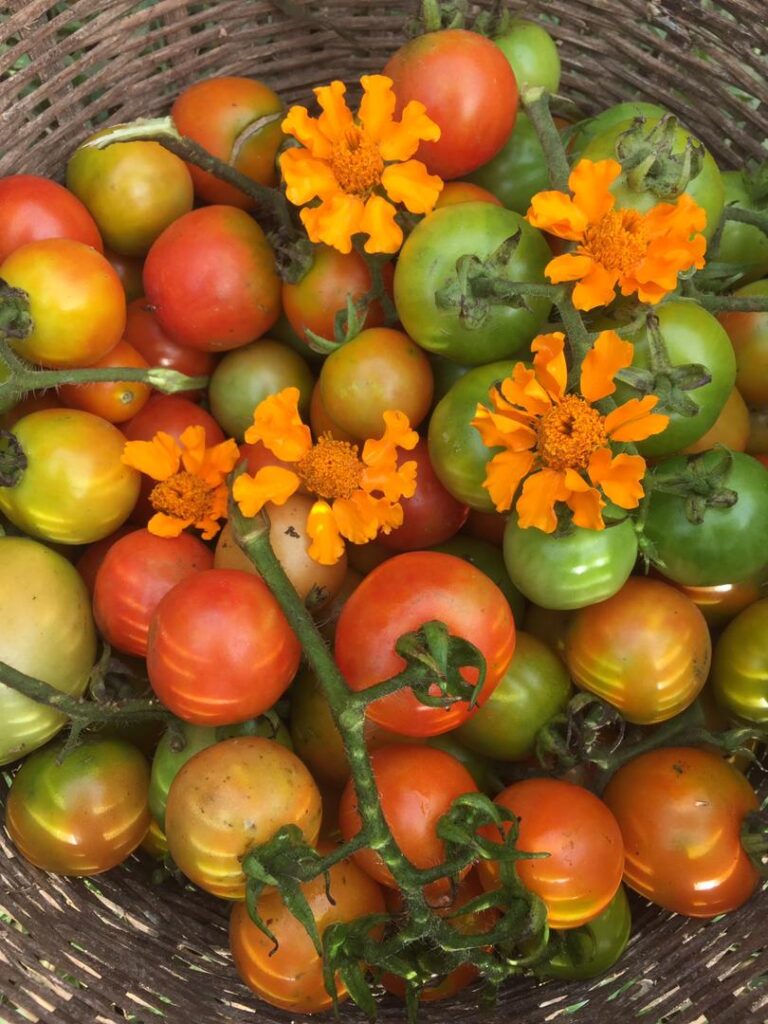
Do you know very healthy food or at the opposite “bad food” to avoid?
“I think the most important foods to eat are lot of fresh fruits, vegetables, greens, nuts and cereals like Millet, sorghum etc but for a balanced diet I think you need a bit of everything in moderation”.
“Foods to avoid eating a lot is fast food with a lot of oil and sugary drinks or snacks. A bad diet can lead to fatigue, impaired decision-making, and can slow down reaction time”.
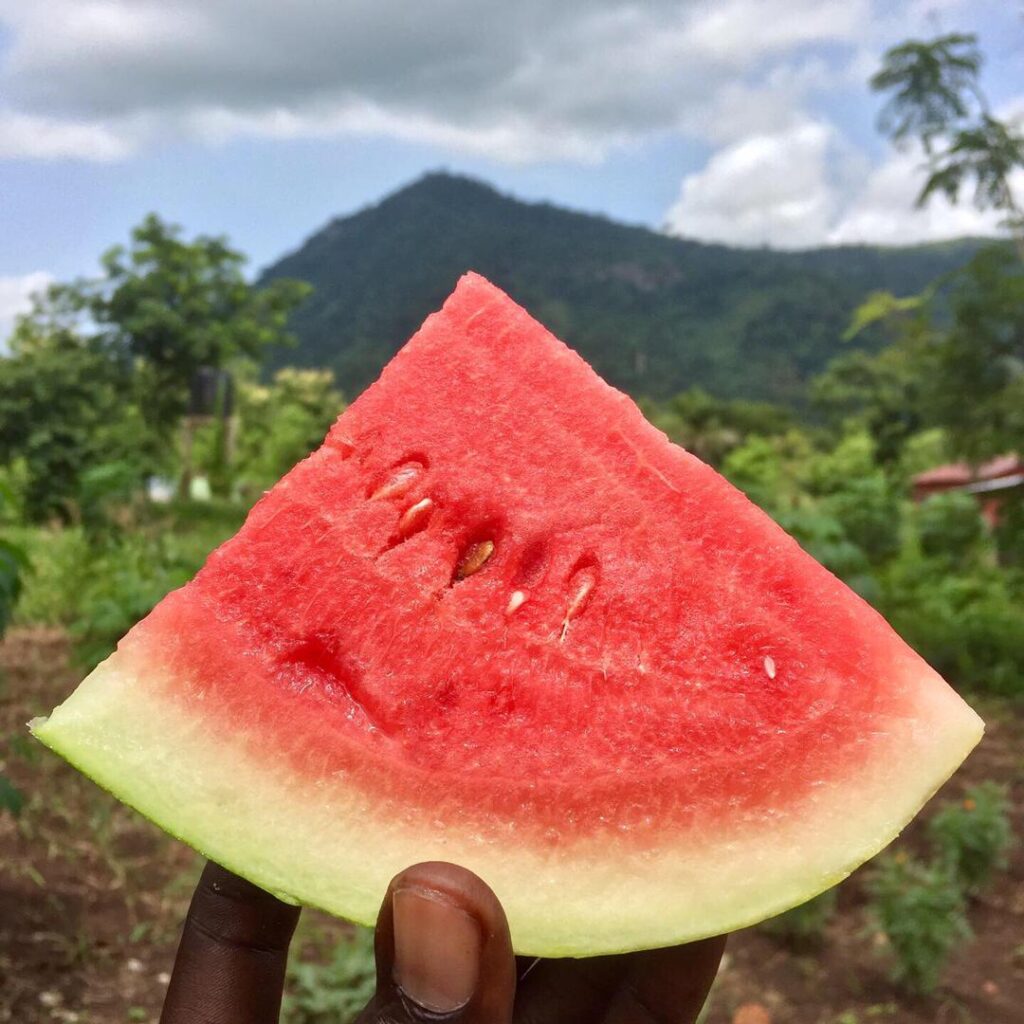
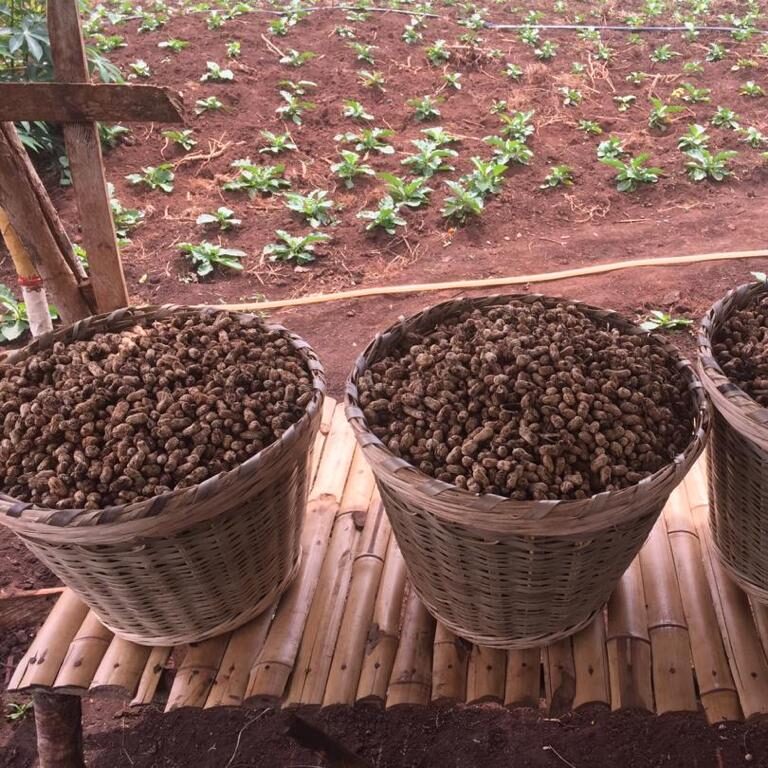
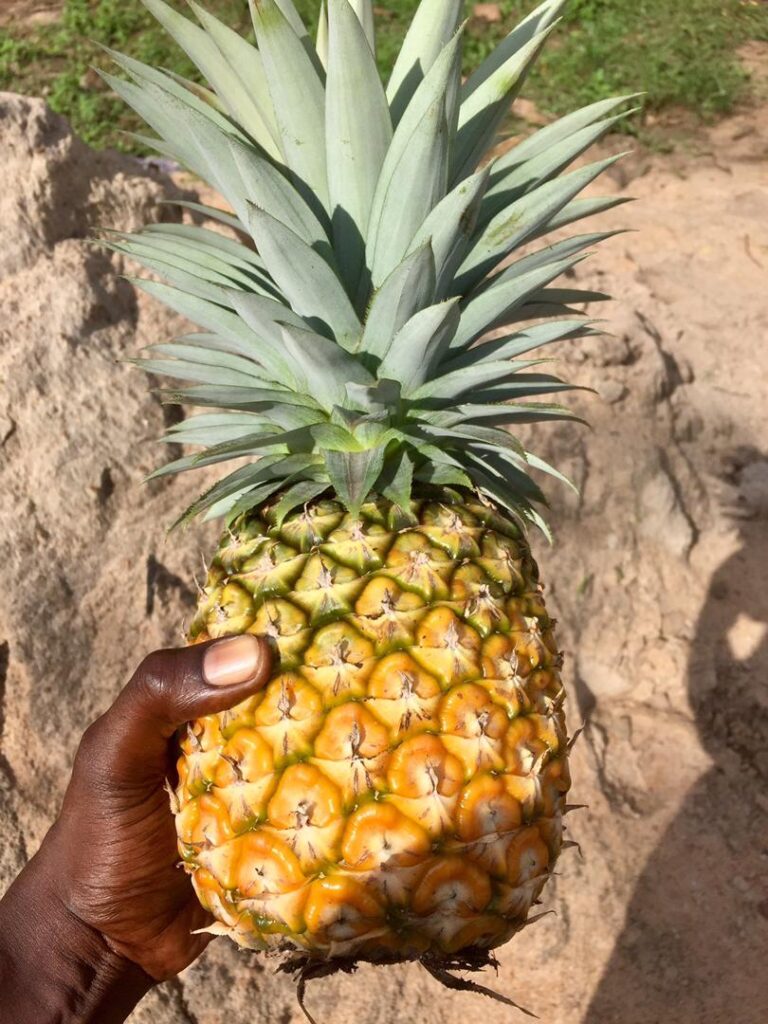
Can you recommend farmed crops and vegetables native to Togo that are good for mental health?
“Moringa rich in essential minerals
Baobab powder rich in many important vitamins and minerals
Sorghum bicolor (red) is rich in vitamin C and Zinc
Pearl millet is a gluten-free grain low is calories and packed with healthy nutrients
Bambara beans (grows underground) is termed a “complete food” due to its balanced macronutrient composition (up to 25% of protein and rich in iron)
Basilic Africain has a strong antioxidant activity and is of nutritional and medicinal value
Amaranth (Fontété), called the New Kale; the ancient Aztec use the seeds; the grains; very high in the essential vitamins; you can go through the alphabet of the vitamins”.
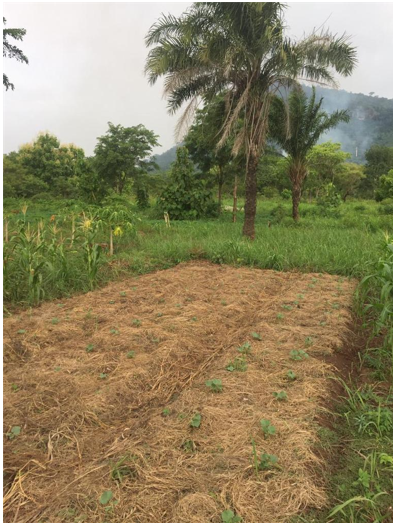
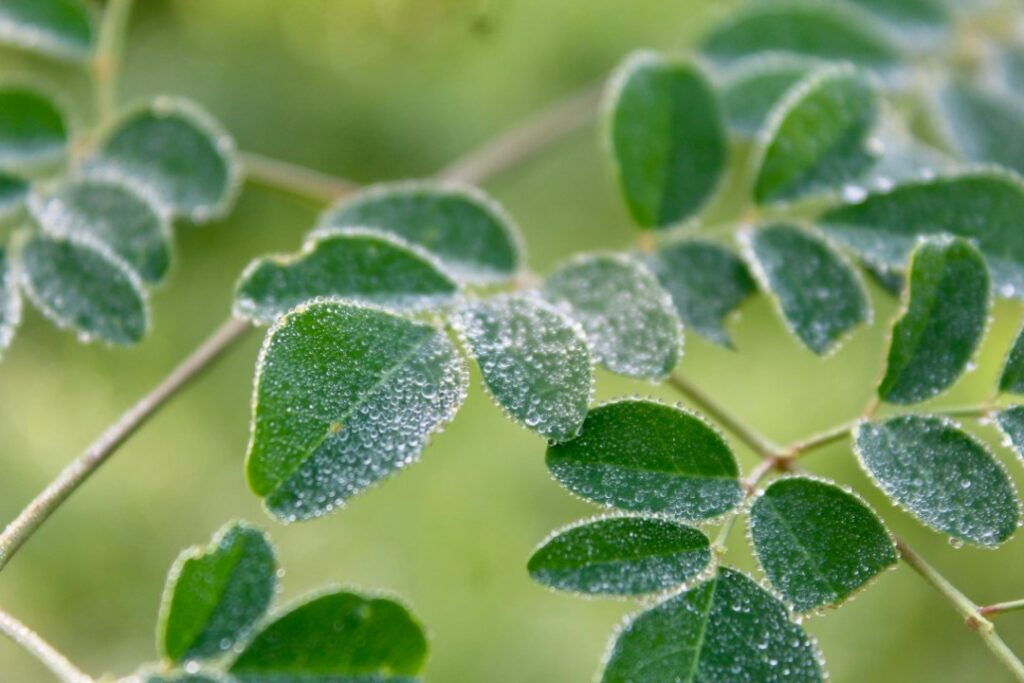
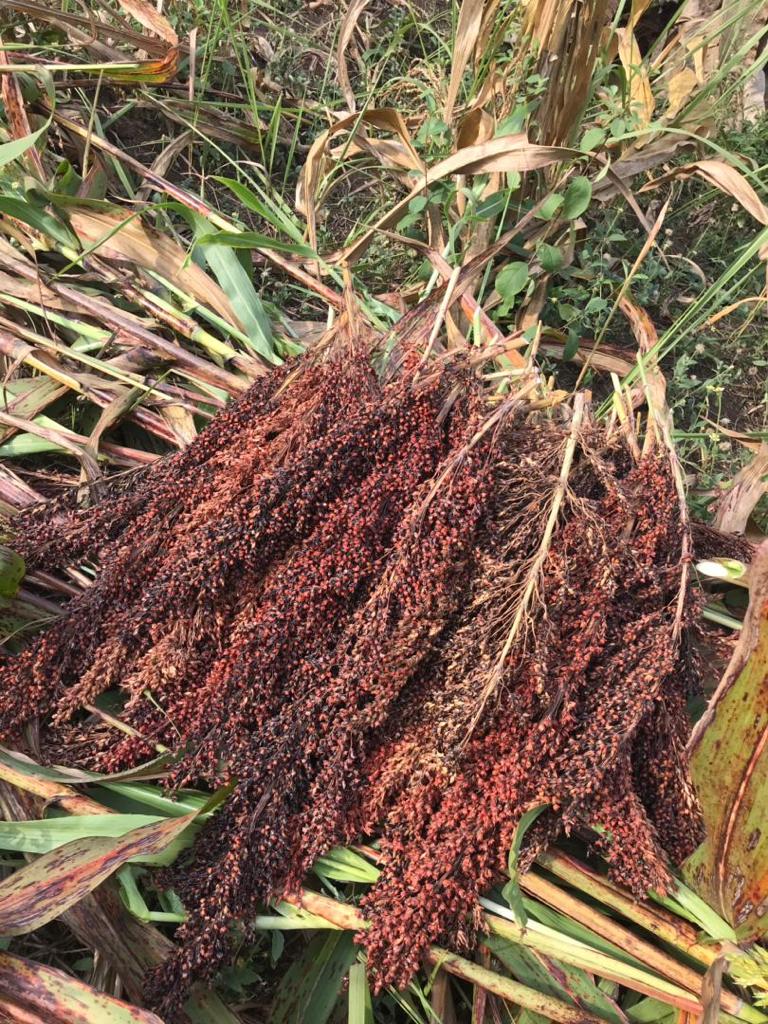
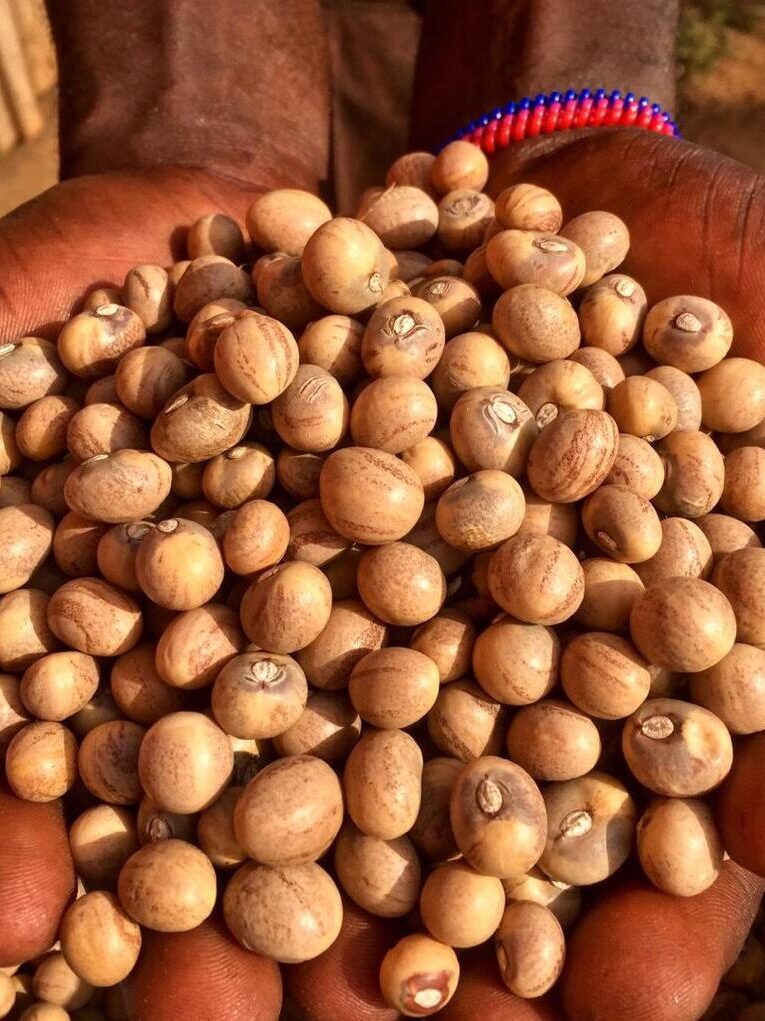
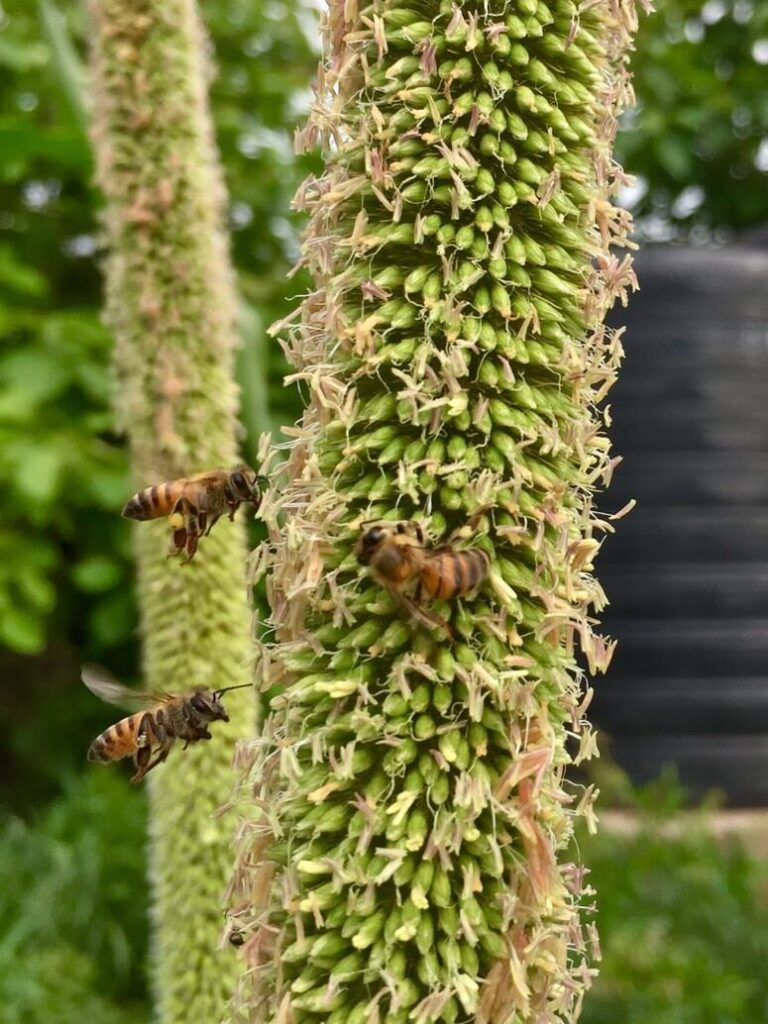
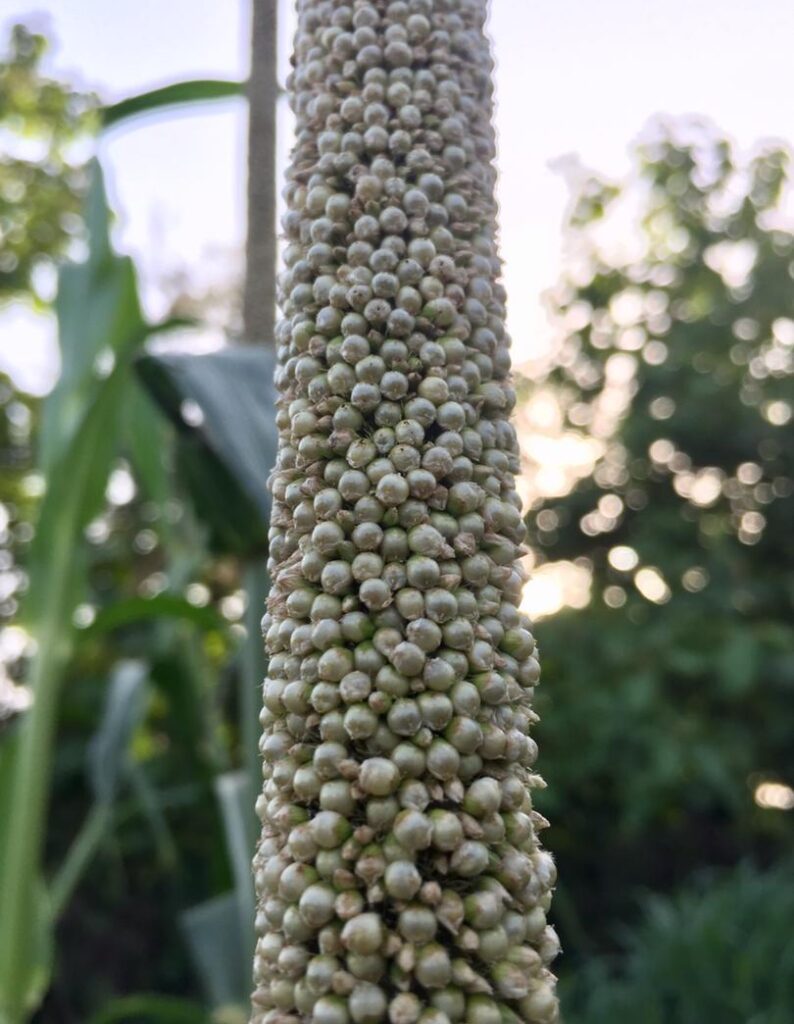
And this can all help mental health?
” Malnutrition is the single biggest threat to Africa not achieving its Sustainable Development Goals by 2030″.
The issue is in Africa we need to start early feeding the kids with especially things like Moringa and Baobab, Bambara beans, using Sorghum flour, millet flour, to make a porridge for them, it is so rich and diverse instead of using just corn, corn, corn. If you feed a baby with this you have a better chance of cognitive development. (See article by Samy SARR on Adopting Africa’s indigenous crops combats malnutrition).
It is an internal problem we don’t see the brains so we are not seeing like we don’t understand why the kids don’t process faster enough but that’s the poor cognitive development and the root cause is poor nutrition, poor diet for young children”.
In your farm do you grow this kind of food good for mental illness ?
“At our farm we grow food that is fresh, healthy and beneficial for everyone from different ages and backgrounds.
We mainly grow fruits like papaya, pineapple, mango and corossol and vegetables like tomatoes, courgettes, cucumbers and peppers.
We grow ancient super foods that are indigenous to Africa and very important for a balanced diet and proper brain development, like pearl millet, sorghum and Moringa.
We also do Apiculture which is beekeeping for honey and pisciculture which is fish farming and have chickens and goats”.
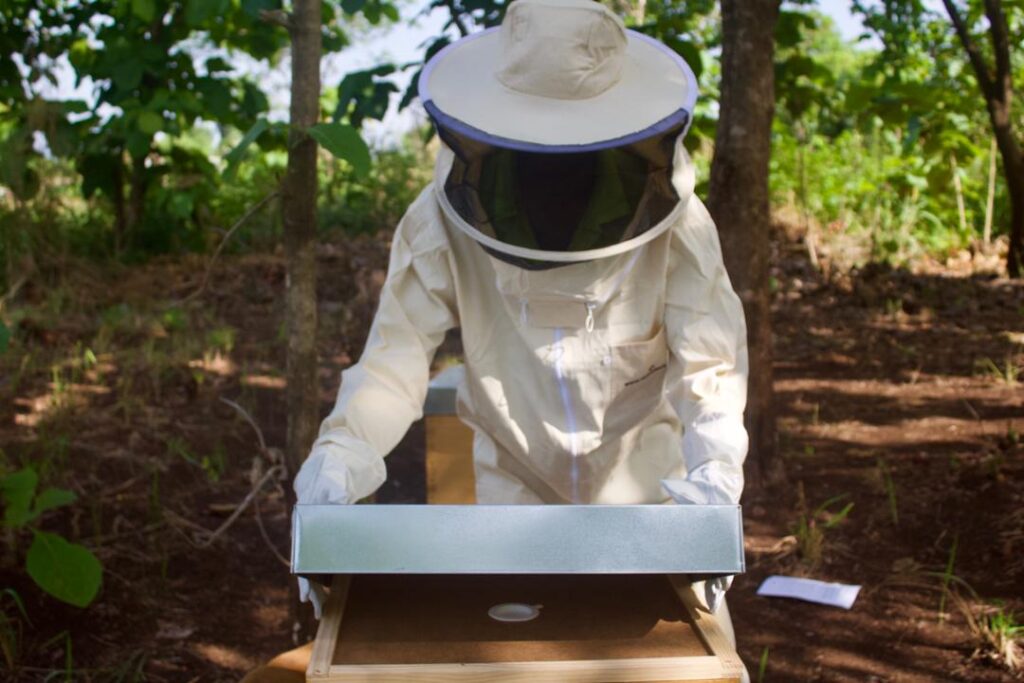
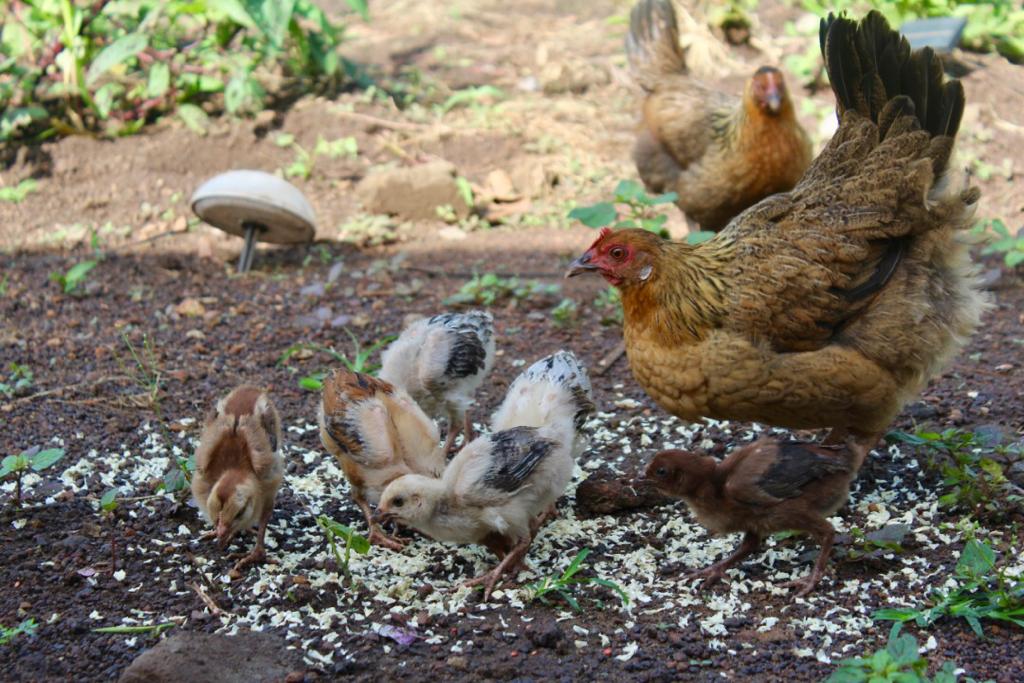
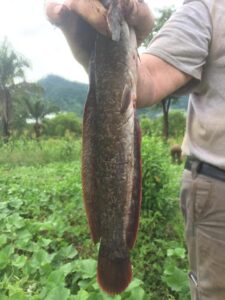
Mama Benjamin worked at Kailend Farm (a former homeless woman find in the street with her baby).
Are other homeless people or with mental illness have worked at your farm?
“We work with low income earning women and school dropouts to teach them the practical aspect of sustainable farming. They get hands on experience on how to make beds, how to do seedlings, how to prevent pests organically, how to make compost but we go further by also teaching them about value addition by processing corn to flour or transforming cassava into garri” workers”.
